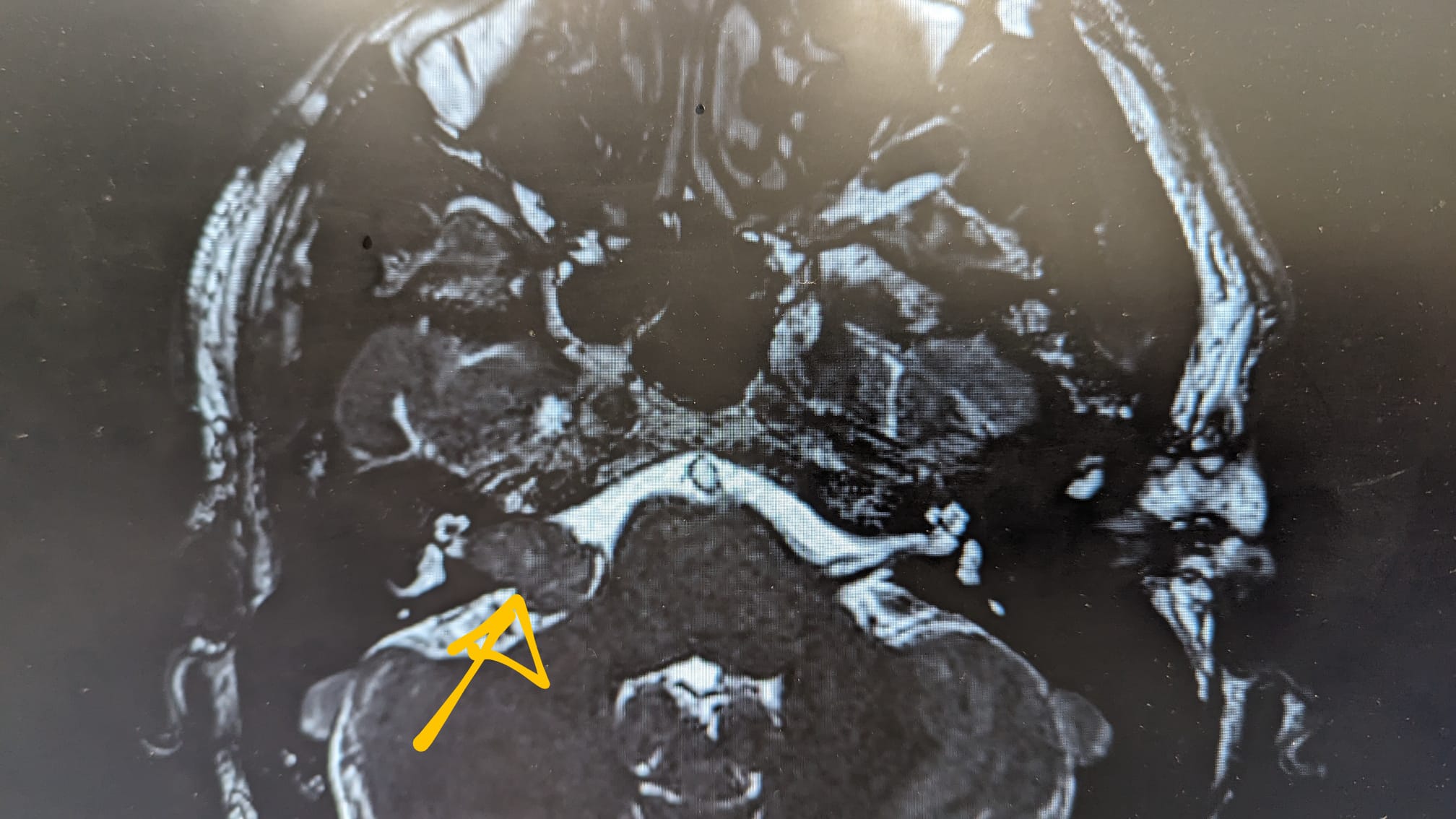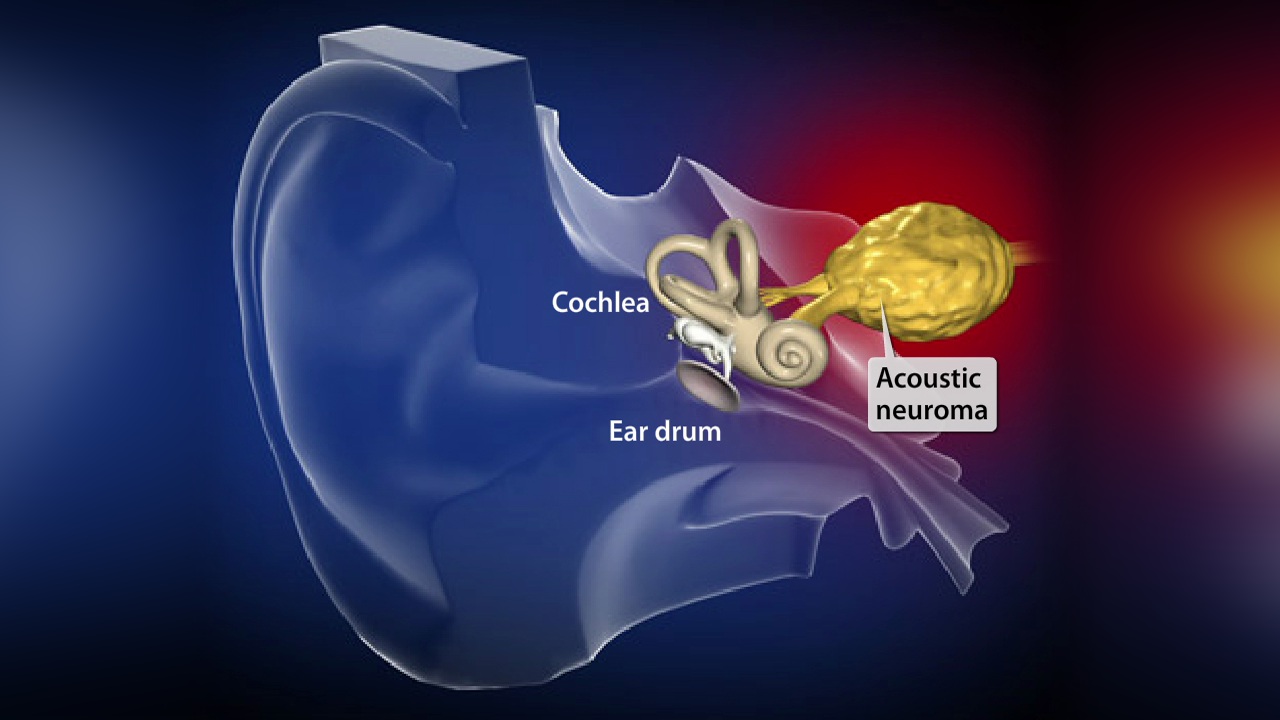
“Fighting Fatigue: The Invisible Battle of Living with an Acoustic Neuroma” Follow Up
In my previous blog post, I shared the relentless battle with fatigue caused by my acoustic neuroma—a symptom that goes far beyond just feeling tired. This follow-up dives deeper into how the mental and emotional impact of living with this condition intertwines with the physical exhaustion, especially when the people around me struggle to understand the toll it takes.
This fatigue isn’t something I can simply sleep off or push through. It’s a persistent drain on my energy that often creeps in when I’m not actively engaged in something mentally or physically. While I can think clearly and function during tasks, the moment I slow down or pause, the weight of the exhaustion hits me even harder. It’s hard enough to cope with the physical symptoms, but what makes it worse is when others misinterpret it as laziness or a lack of motivation. Despite my efforts to explain, their lack of understanding creates a ripple effect. It makes me feel isolated, misunderstood, and, most painfully, judged.
And when that happens, it begins to take its toll on my mental health. The less people understand, the more I overthink the tumor itself. My mind goes into overdrive, worrying about how the acoustic neuroma is affecting me now and what it might mean for the future. These thoughts can spiral, and the fatigue only amplifies the sense of overwhelm.
That’s why finding support—real, non-judgmental support—has been crucial for me. Organisations like BANA UK, dedicated to acoustic neuroma patients, have provided valuable resources and a reminder that I’m not alone in this. But equally important has been the ability to connect with others who understand what it’s like to struggle in other ways. One of the surprising and uplifting sources of this connection has been the Peloton Dads group. In that space, there’s no judgment—just encouragement, camaraderie, and a shared understanding that life’s challenges are different for everyone. Whether I’m venting about fatigue or celebrating a small win, these conversations help me feel less isolated and more grounded. Sometimes, just being heard is enough.
If there’s one takeaway from this follow-up, it’s that we all need to approach others’ struggles with empathy and patience. Fatigue, especially from an invisible condition like an acoustic neuroma, isn’t something we choose or exaggerate. It’s a very real, daily battle. To anyone who knows someone facing this: Believe them. Support them. And above all, don’t judge what you can’t see.As I continue navigating this journey, I’m grateful for the pockets of understanding and support I’ve found, and I hope to expand the conversation about what it really means to live with an invisible illness. How can we encourage more open, judgment-free discussions about these unseen battles?






No Comment! Be the first one.